Understanding Power Electronics Converters
Power electronics converters are integral components in modern electrical systems, facilitating the conversion of electrical power into the desired form and voltage. These devices are pivotal in a range of applications, from small-scale electronic apparatus to large industrial machines.
Types and Applications
The landscape of power electronics converters is diverse, encompassing various types such as dc voltage boost converters, electronic phase converters, and power electronic inverters. Each type serves a specific function, from dc dc converter power electronics that adjust DC power levels to three phase dual converters designed for complex industrial systems. The applications are just as varied, including use in renewable energy systems, motor drives, and power supplies.
Technical Features and Materials
These converters are engineered with precision, utilizing advanced materials and technologies to ensure efficiency and durability. Features like intelligent cooling systems, short circuit protection, and over-voltage safeguards are common. Materials are chosen for their conductive properties and resilience, ensuring that converters can withstand demanding conditions.
Advantages of Modern Converters
Modern power electronics converters offer numerous advantages, such as energy efficiency and fast-charge capabilities. They are designed to operate reliably, minimizing the risk of breakdowns and extending the lifespan of the devices they power. Furthermore, safety features like input reverse polarity protection contribute to their robustness.
Selection Criteria
When selecting a power electronics converter, it is crucial to consider the voltage capacity, which ranges from 100V to 240V, and the specific requirements of the application. Converters come in various models and sizes, each with different power consumption profiles to suit a wide array of commercial and residential needs.
Environmental Considerations
In an era where energy conservation is paramount, these converters are designed to be energy-efficient, even in extreme climatic conditions. This not only helps in reducing energy bills but also aligns with environmental sustainability goals.



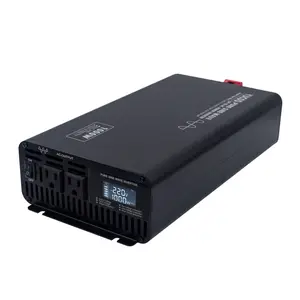



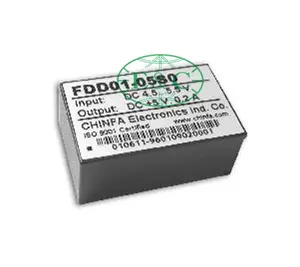
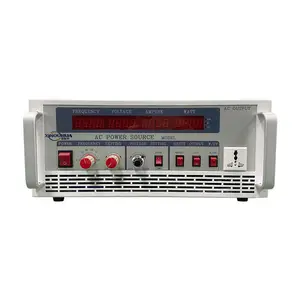
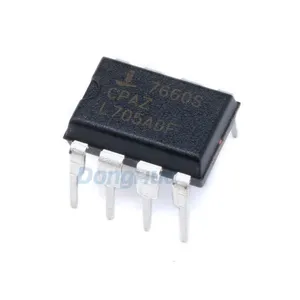
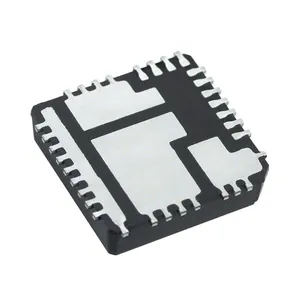



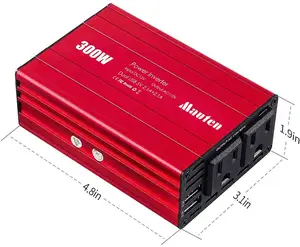
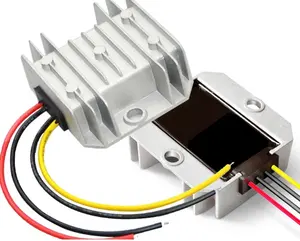
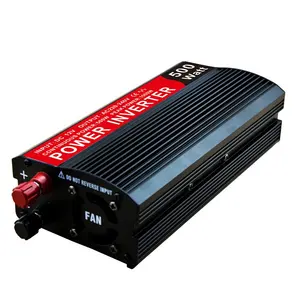


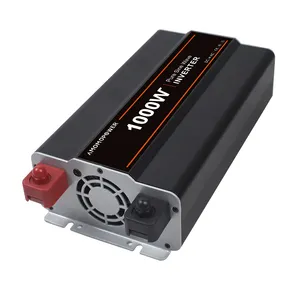



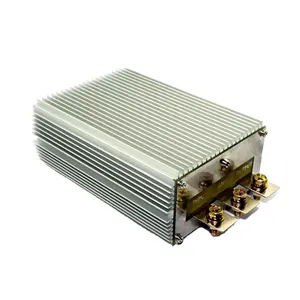




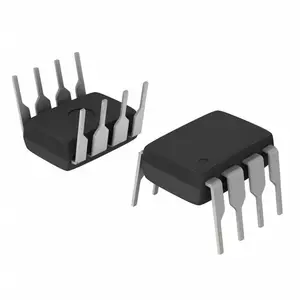
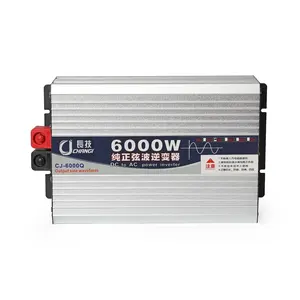


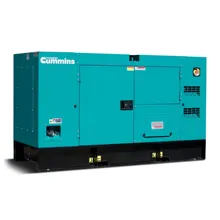
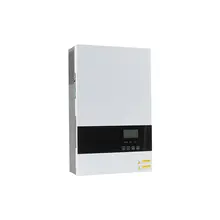

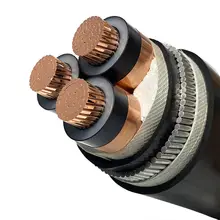

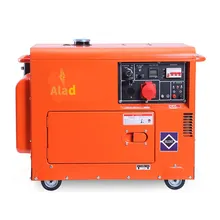



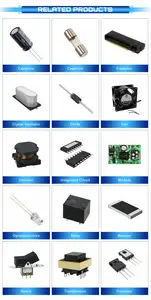
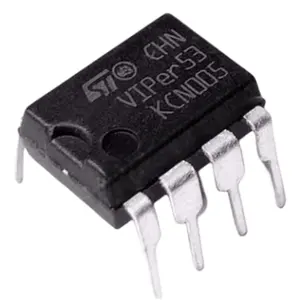
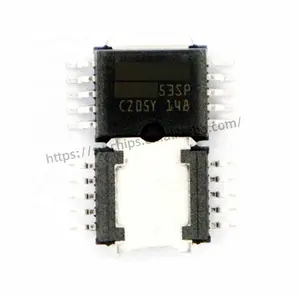

























 浙公网安备 33010002000092号
浙公网安备 33010002000092号 浙B2-20120091-4
浙B2-20120091-4